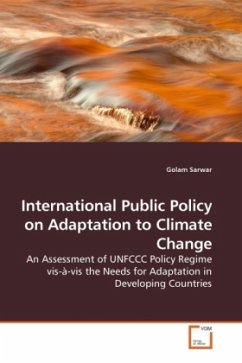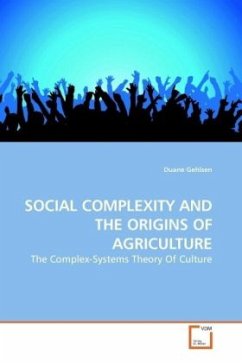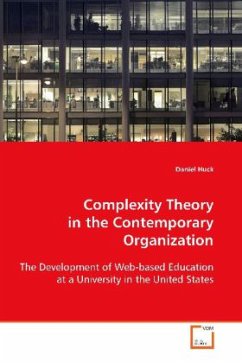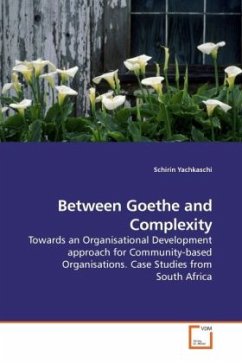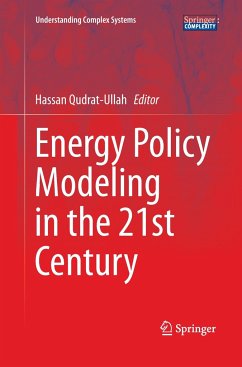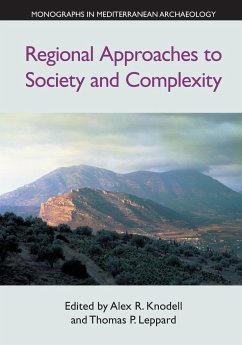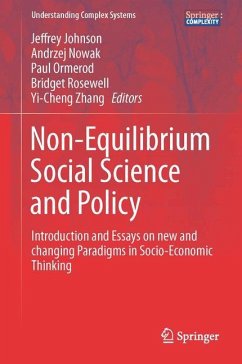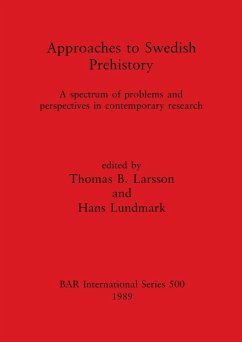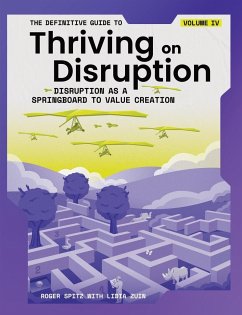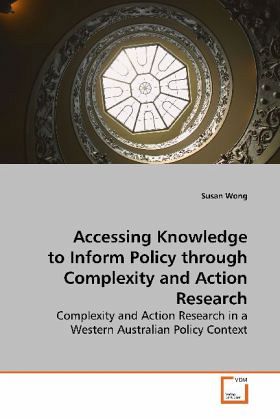
Accessing Knowledge to Inform Policy through Complexity and Action Research
Complexity and Action Research in a Western Australian Policy Context
Versandkostenfrei!
Versandfertig in 6-10 Tagen
52,99 €
inkl. MwSt.

PAYBACK Punkte
26 °P sammeln!
How do governments use knowledge to informpolicy-making and policy-implementation? What arethe epistemological aspects and assumptions madewithin the parameters of the classical scientificparadigm that filter the use of knowledge? Thisstudy argues that knowledge formed within thisparadigm, usually generated at a distance, has beenindividuated, detached, segmented and abstracted. When used to inform policy, such knowledge creates anarrow ?standardising gaze? that ?disciplines?communities to conform to dominant social behaviourand beliefs. Case studies are used to demonstratethat the two major m...
How do governments use knowledge to inform
policy-making and policy-implementation? What are
the epistemological aspects and assumptions made
within the parameters of the classical scientific
paradigm that filter the use of knowledge? This
study argues that knowledge formed within this
paradigm, usually generated at a distance, has been
individuated, detached, segmented and abstracted.
When used to inform policy, such knowledge creates a
narrow ?standardising gaze? that ?disciplines?
communities to conform to dominant social behaviour
and beliefs. Case studies are used to demonstrate
that the two major models of development, as products
of this paradigm, employ this gaze rendering
replicability difficult if not impossible. These
models are the top-down and bottom-up approach that
are epitomised by the Silicon Valley model and
telecentre movement respectively. How this gaze
inhibits/facilitates development in policy
implementation in regional development is then
examined in the Goldfields Esperance region in
Western Australia. An holistic approach using
complex adaptive systems and action research is used
to understand the multidisciplinary aspects involved
in development.
policy-making and policy-implementation? What are
the epistemological aspects and assumptions made
within the parameters of the classical scientific
paradigm that filter the use of knowledge? This
study argues that knowledge formed within this
paradigm, usually generated at a distance, has been
individuated, detached, segmented and abstracted.
When used to inform policy, such knowledge creates a
narrow ?standardising gaze? that ?disciplines?
communities to conform to dominant social behaviour
and beliefs. Case studies are used to demonstrate
that the two major models of development, as products
of this paradigm, employ this gaze rendering
replicability difficult if not impossible. These
models are the top-down and bottom-up approach that
are epitomised by the Silicon Valley model and
telecentre movement respectively. How this gaze
inhibits/facilitates development in policy
implementation in regional development is then
examined in the Goldfields Esperance region in
Western Australia. An holistic approach using
complex adaptive systems and action research is used
to understand the multidisciplinary aspects involved
in development.



